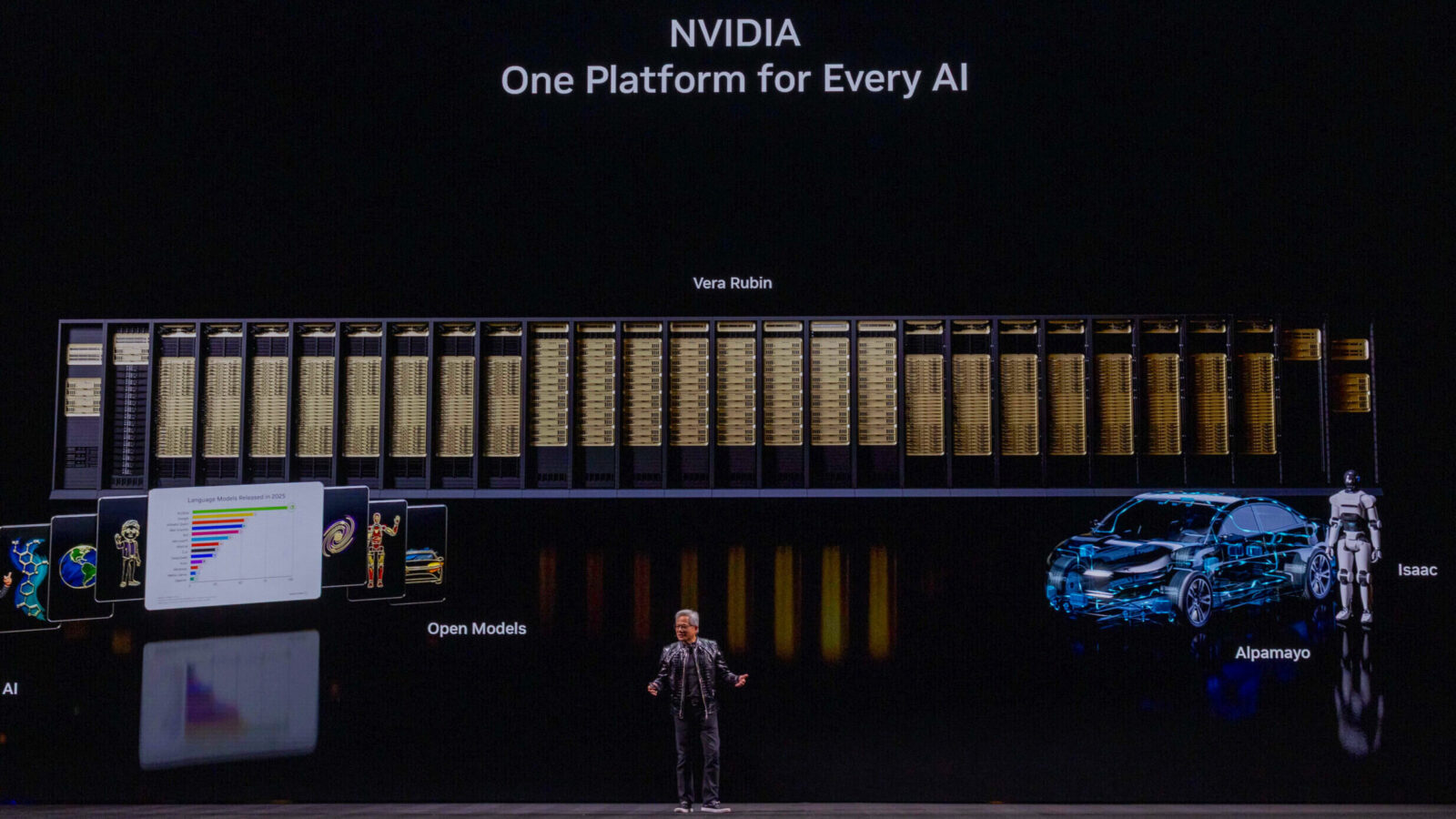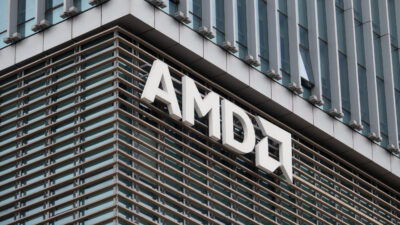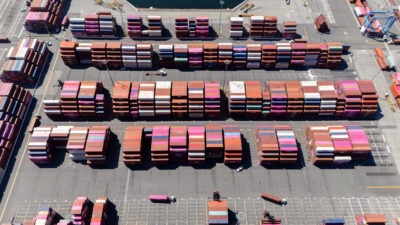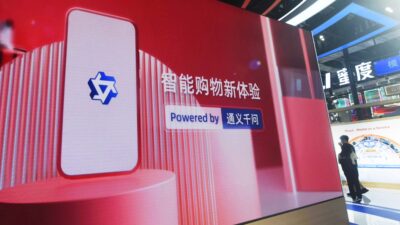Nvidia Cashes in on Looser Export Controls
Nvidia says the only way for the US to stay ahead of China in the Great AI Race is to keep selling AI-powering chips to China.
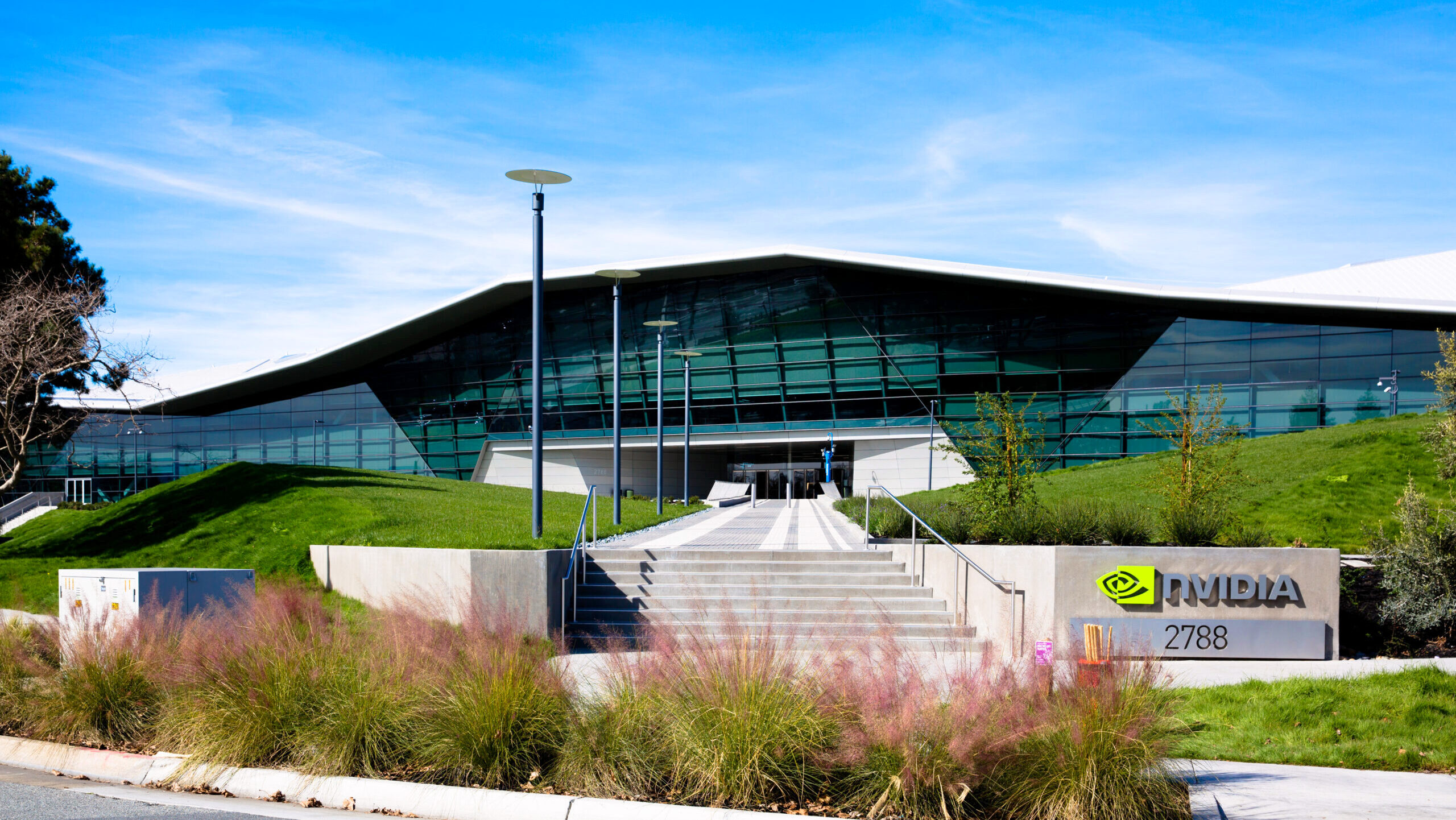
Sign up for smart news, insights, and analysis on the biggest financial stories of the day.
The only way for the US to stay ahead of China in the Great AI Race? Keep selling AI-powering chips to China.
That may sound like a 2025 Trade War take on the Vietnam War era’s famous “we need to destroy this village to save it,” but it’s something Nvidia CEO Jensen Huang seems to believe. And now, apparently, so does the White House, which agreed late Monday to remove certain export restrictions on chips from Nvidia (and industry peers) headed into the Middle Kingdom. Shares of Nvidia soared on the news Tuesday, as Huang prepared to make a personal trip to Beijing, with some fun new toys in tow.
In Too DeepSeek
Nvidia has long viewed US export controls on its products as surmountable roadblocks. When the Biden administration imposed export restrictions on its top-flight chips in 2022, Nvidia responded by creating the slightly watered-down H800 chip to slip through the regulatory cracks. When rules were tightened again in 2023 to effectively ban the sale of that chip to China, Nvidia responded again, launching the H20 chip last year.
That chip, however, is widely believed to have been employed by ascendant Chinese AI firm DeepSeek, whose R1 model became the launch heard around the world earlier this year. So, in April, the Trump White House tightened the government’s regulatory grip once more, blocking the sale of the H20 chip to China. That sparked a public and private lobbying campaign by Huang and the company, arguing that access to China could be both good for US interests and bad for Chinese interests. The lobbying apparently worked: Nvidia said late Monday it got the green light to resume Chinese sales of the H20 chip.
Huang’s logic may sound paradoxical, but there’s actually something to it:
- While speaking to the press at the Computex technology show in Taipei in May, Huang said export controls have effectively supercharged the need for Chinese tech companies — and Huawei in particular — to innovate and build their own hardware.
- The result? Nvidia has seen its market share in the country dip from 95% to just 50% over the past four years as local firms fill in the gaps, Huang said at the conference. “Local companies are very determined, and export controls gave them the spirit, and government support accelerated their development,” he said. “Our competition is intense in China.”
Still, the infrastructure for chipmaking is vast, and China hasn’t completely caught up in every aspect. A report published on Monday from the Center for Security and Emerging Technology noted that despite “notable gains” by Chinese firms in equipment used in fabrication, “the first stage of chip manufacturing … lithography, the most complex tool category, remains a critical constraint.”
The White Whale: Of course, it’s not just patriotism motivating Nvidia. In its first-quarter earnings report in May, restrictions on the H20 chip resulted in $2.5 billion of missed sales, with another $8 billion likely to be missed in the second quarter. Still, the gap wasn’t enough to stop Nvidia’s share-price ascent. Last week, it became the first-ever company to close a trading day with a market cap of over $4 trillion. Shares rose another 4% on Tuesday, sending its market cap to about $4.17 trillion. With China back on the table, the betting is on as to how soon we’ll have our first $5 trillion company.
